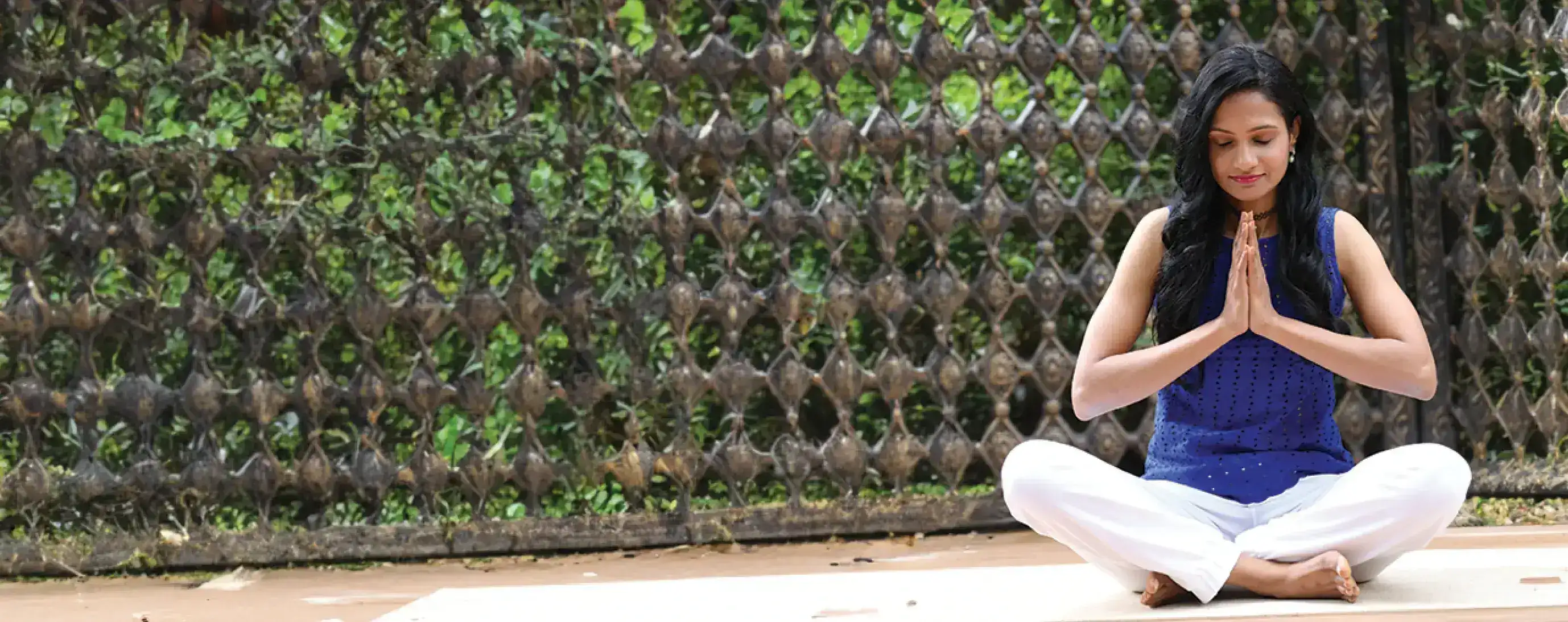The Truth About Hormonal Pills for PCOD: Are They Enough?
Are Hormonal Pills Enough for PCOD—Or Just a Temporary Fix?
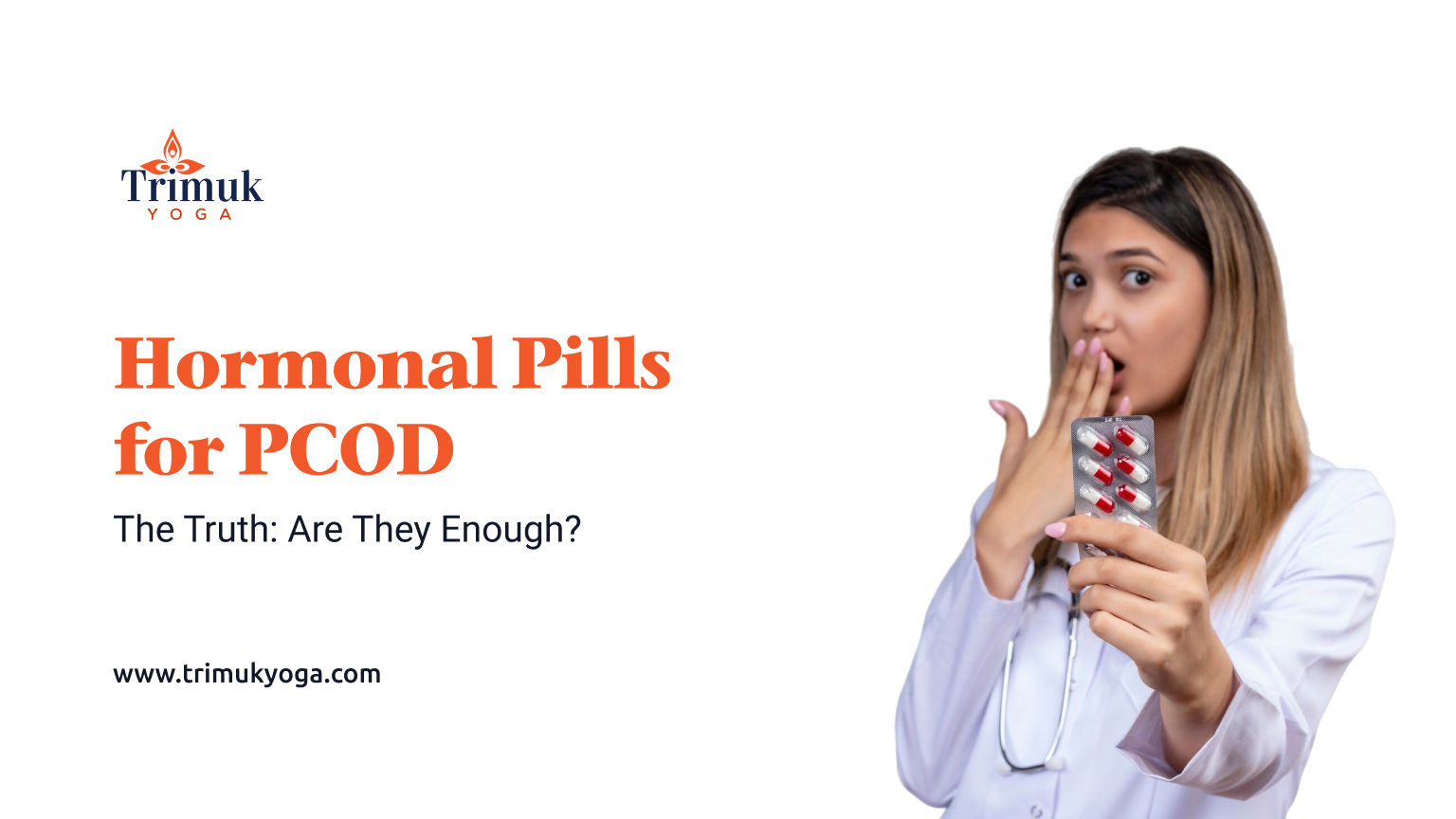

Polycystic Ovarian Disease (PCOD) has become one of the most common hormonal imbalances affecting women today. Irregular cycles, acne, weight fluctuations, hair growth, and mood swings are only some of the many challenges women face with this condition.
When visiting a gynecologist, the most common prescription given is hormonal pills—medications designed to regulate cycles and manage symptoms. But here’s the real question: Are these pills truly enough to heal PCOD, or are they just a temporary fix?
This blog explores the truth about hormonal pills for PCOD—their role, limitations, side effects, and why a holistic approach that includes yoga, nutrition, and lifestyle changes is often more effective for long-term healing. Insights are shared from the teachings of Radhika Bargava, renowned yoga instructor and health coach, who has worked closely with women navigating PCOD.
Hormonal pills, often in the form of oral contraceptives, are commonly prescribed to women with PCOD to:
On the surface, these pills seem like a simple solution. By artificially supplying estrogen and progesterone, they create a “regulated” cycle that appears normal. However, this does not mean the body has healed—it simply means the symptoms are masked.
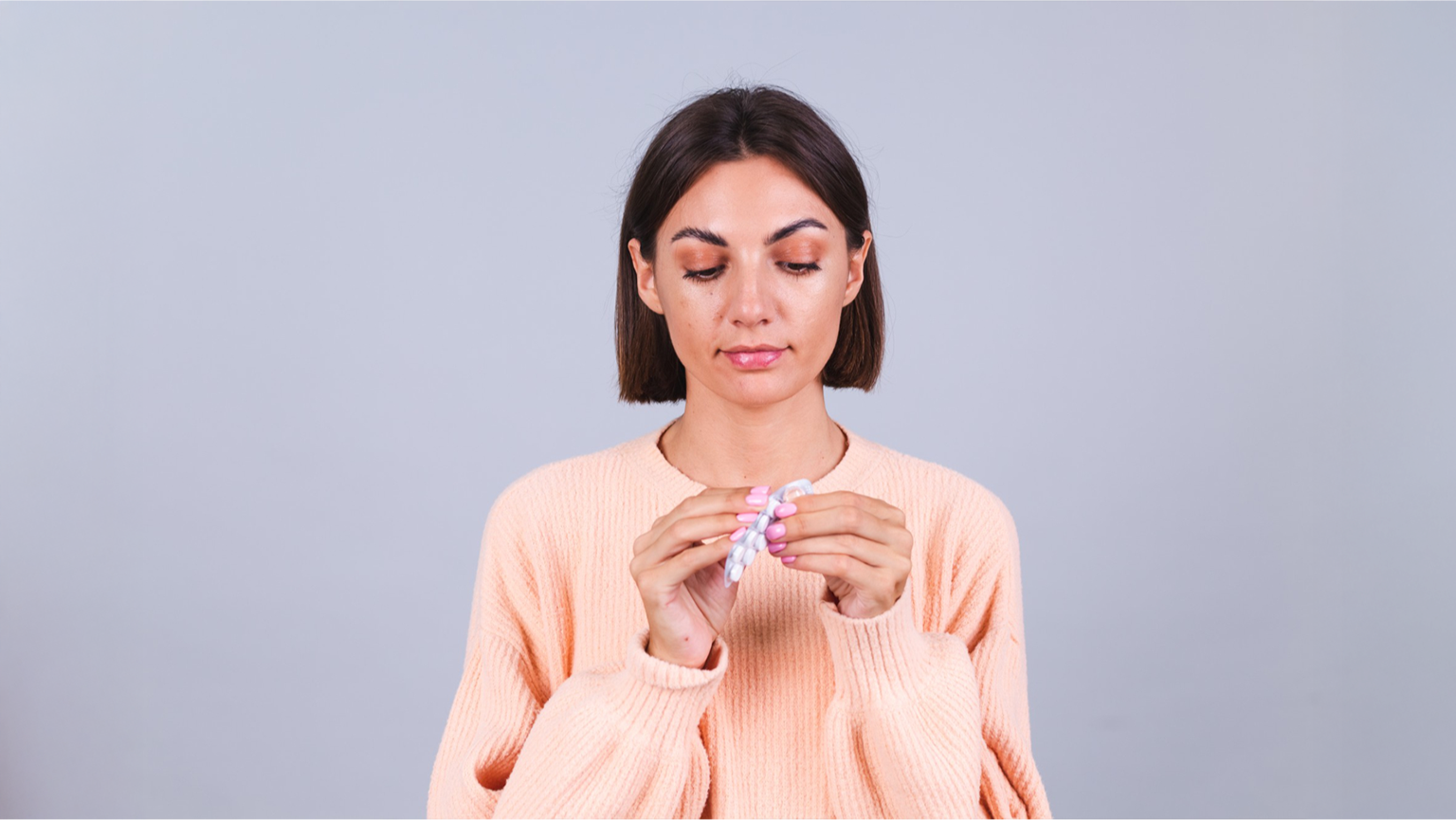
While hormonal pills can bring short-term relief, they come with limitations that every woman should be aware of:
Radhika Bargava often highlights that relying only on medication creates dependency, while true healing requires empowering the body naturally.
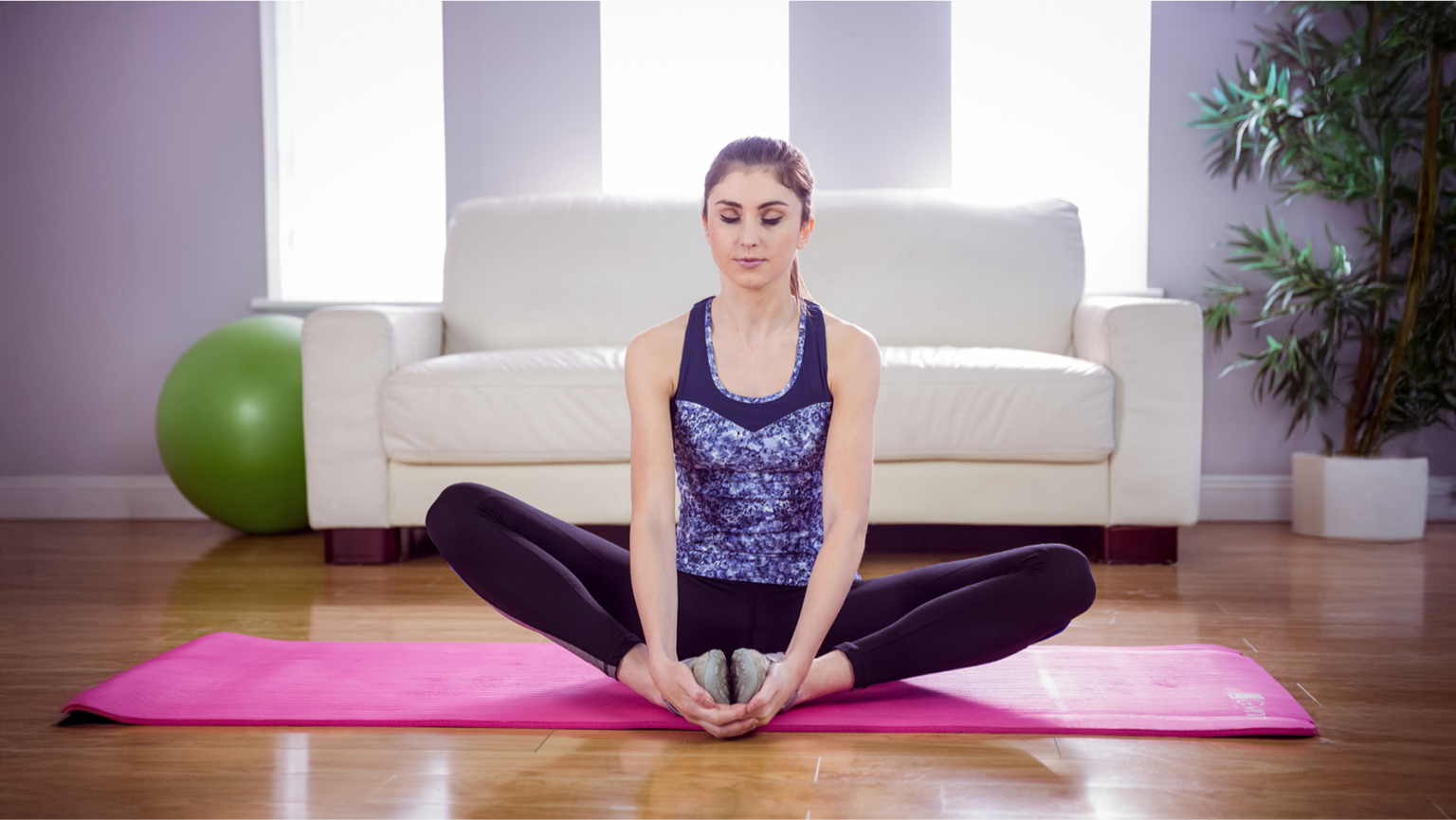
So, if hormonal pills aren’t enough, what works? Research and lived experiences show that a holistic approach combining yoga, diet, and mindful living is the key to managing PCOD sustainably.
Yoga regulates the endocrine system, reduces stress, and stimulates the ovaries and adrenal glands. Specific asanas such as:
…help improve pelvic circulation, regulate hormones, and calm the nervous system.
Pranayama techniques like Anulom Vilom and Bhramari further support relaxation and hormonal balance.
Stress is one of the biggest triggers for PCOD. Practices such as meditation, journaling, and mindful breathing calm cortisol levels, allowing the body to restore balance naturally.
✨ In Radhika’s classes, women are guided to see yoga not as “exercise,” but as a daily ritual for balance and self-care. Over time, students notice improvements not just in cycles, but in energy, mood, and overall well-being.

Unlike hormonal pills, which offer a quick but temporary fix, holistic practices provide long-term benefits:
Real-life experiences from Trimuk Yoga students show that with consistent practice, women often transition from dependency on pills to natural cycle regulation within months.
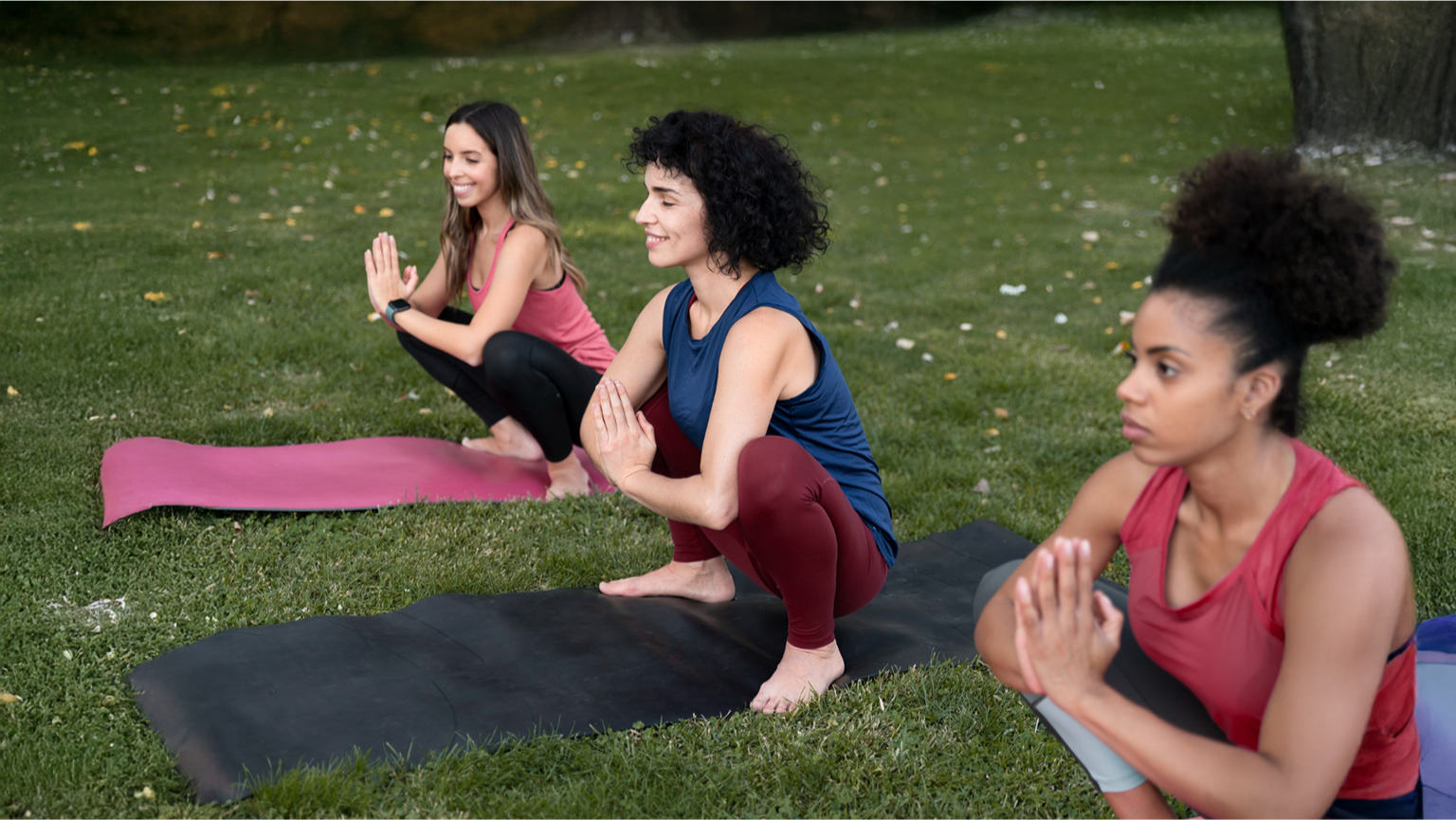
Relying only on pills is not the answer—your body deserves holistic healing.
👉 Join Trimuk Yoga’s personalized PCOD programs with Radhika Bargava, where yoga, breathwork, and nutrition come together to restore hormonal balance naturally.
✨ Your journey to freedom from PCOD symptoms begins with a single breath—step onto the mat today.
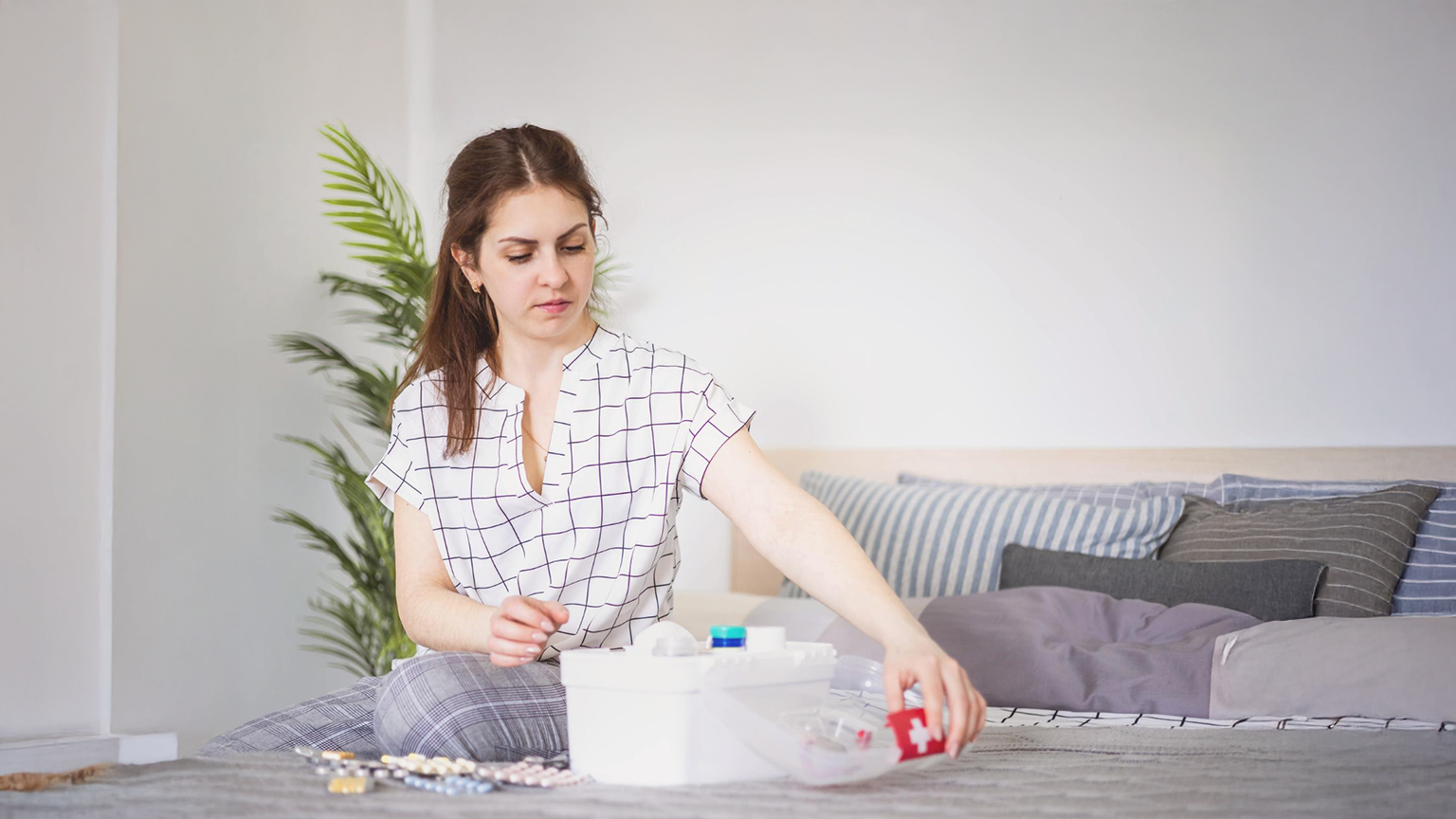
Hormonal pills may seem like an easy answer, but they are not a long-term solution for PCOD. They provide temporary relief while leaving the underlying imbalance untouched. Healing requires more than medication—it requires lifestyle transformation.
Through yoga, mindful eating, and stress reduction, women can restore their cycles naturally, regain balance, and embrace vitality. As Radhika Bargava emphasizes: “True healing comes when we stop masking symptoms and start listening to what the body is asking for.”
1. Do hormonal pills cure PCOD? No, they only manage symptoms temporarily. Once stopped, the imbalance often returns.
2. Are hormonal pills harmful? Not necessarily harmful if prescribed, but long-term use can have side effects. They should never be the only solution.
3. Can yoga replace hormonal pills completely? In many cases, yes—especially when combined with a healthy lifestyle. However, medical advice should always be followed alongside holistic practices.
4. How long does it take to see results with yoga for PCOD? With consistent practice, many women notice changes within 2–3 months, including more regular cycles and improved mood.
A renowned and qualified yoga instructor with years of experience in teaching traditional Hatha Flow and Ashtanga Vinyasa Yoga, Radhika is passionate about sharing the true essence of yoga with her students. Being a certified yoga teacher and health & nutrition coach, Radhika demonstrates a deep understanding of mind-body connection which is reflected in her tailored classes.
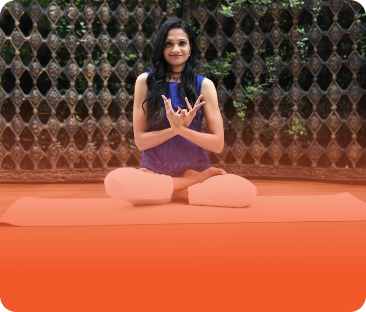
Get personalized care. Consult specialists about your concerns and treatments.
